New PM Anwar Ibrahim ‘can’t afford to be distracted’ amid economic woes, US-China rivalry, analysts say
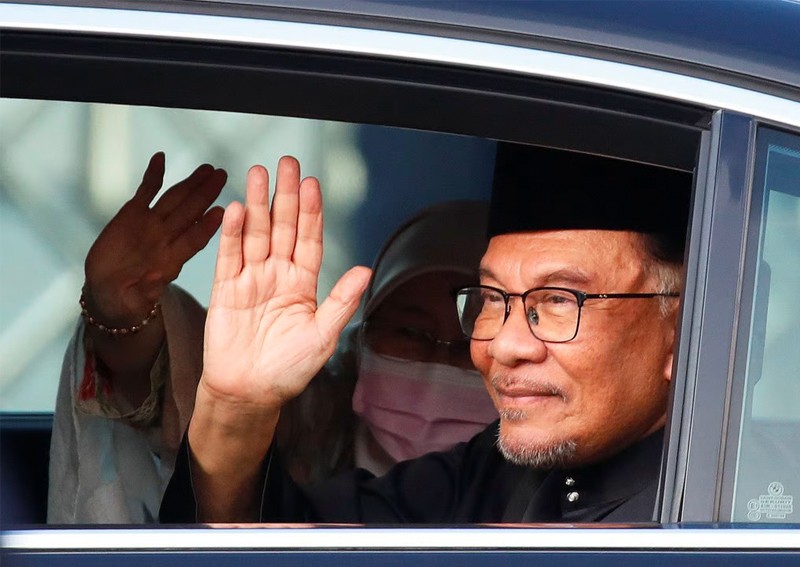
Malaysia’s king on Thursday (Nov 24) appointed reformist icon Anwar Ibrahim as prime minister, a decision that ended a protracted post-election impasse and capped one of the most remarkable turnarounds for a politician in modern Southeast Asian history.
Over three decades, Anwar had gone from the country’s number two leader to a protest leader, a prisoner convicted of sodomy and corruption, opposition chief, and now prime minister.
“After taking into consideration the views of their royal highnesses the Malay rulers, His Majesty has given consent to appoint Anwar Ibrahim as the 10th Prime Minister of Malaysia,” read a statement from the palace.
The constitutional monarch, Sultan Abdullah Sultan Ahmad Shah, had sought a special meeting with the country’s hereditary sultans after two days of speaking with Anwar, his rival Muhyiddin Yassin and other key political players, to find a way forward following the emergence of a hung parliament after Saturday’s election.
The king had been forced to play troubleshooter amid acrimony between the various camps, with Muhyiddin flatly rebuffing the monarch’s suggestion to form a unity government with Anwar’s bloc. Sultan Abdullah urged all sides to cool the political temperature following his appointment of Anwar.
Anwar, 75, is Malaysia’s fifth prime minister since 2018, reflecting the country’s rollercoaster politics since elections that year.
“His royal highness reminds all parties that the winners do not win all, and the losers do not lose everything,” he said in the palace statement. “Reach out your hands to each other and come together as members of the Dewan Rakyat [parliament] for the future of our beloved nation.”
Political analysts say the administration of Anwar – who has yet to appoint ministers – is likely to keep Malaysia’s relations with major powers, including China and US, on an even keel.
Asked about China ties at a press conference late on Thursday, Anwar described the Asian superpower as “pivotal”.
“China is an important neighbour, of course it’s a priority to enhance bilateral relations with China, trade, investment and cultural,” Anwar said. “I would not just leave [ties with China] as it is, but need to be enhanced.”
Enhancing ties with other important partners and regions such as the US, Europe, India and the Association of Southeast Asian Nations (Asean) was equally important, he added.
“In contrast to his major rival Muhyiddin, Anwar has more international exposure and he will devote more energy into international matters,” said Ngeow Chow Bing, director of the Institute of China Studies at the University of Malaya.
While Anwar is known to have good ties with US politicians and officials, and is generally viewed as America-friendly, “that does not really suggest much in terms of his policy approach towards China”, Ngeow said, noting that the new prime minister was “well received” by Chinese Foreign Minister Wang Yi and other Beijing officials during a visit in 2018.
Shahriman Lockman, a leading analyst of Malaysian foreign policy, said it was important not to “rush to make conclusions” about Anwar’s foreign policy outlook.
“There’s this tendency to portray him as someone with strong networks in the West and parts of the Middle East,” said Shahriman, director in the chief executive’s office of the Institute of Strategic and International Studies in Malaysia.
“That may be true, but that was Anwar as minister or a political leader, not as PM. He will have a broader set of considerations now.”
He added: “He cannot afford any distractions on the foreign affairs front as he manages this coalition of strange bedfellows.”
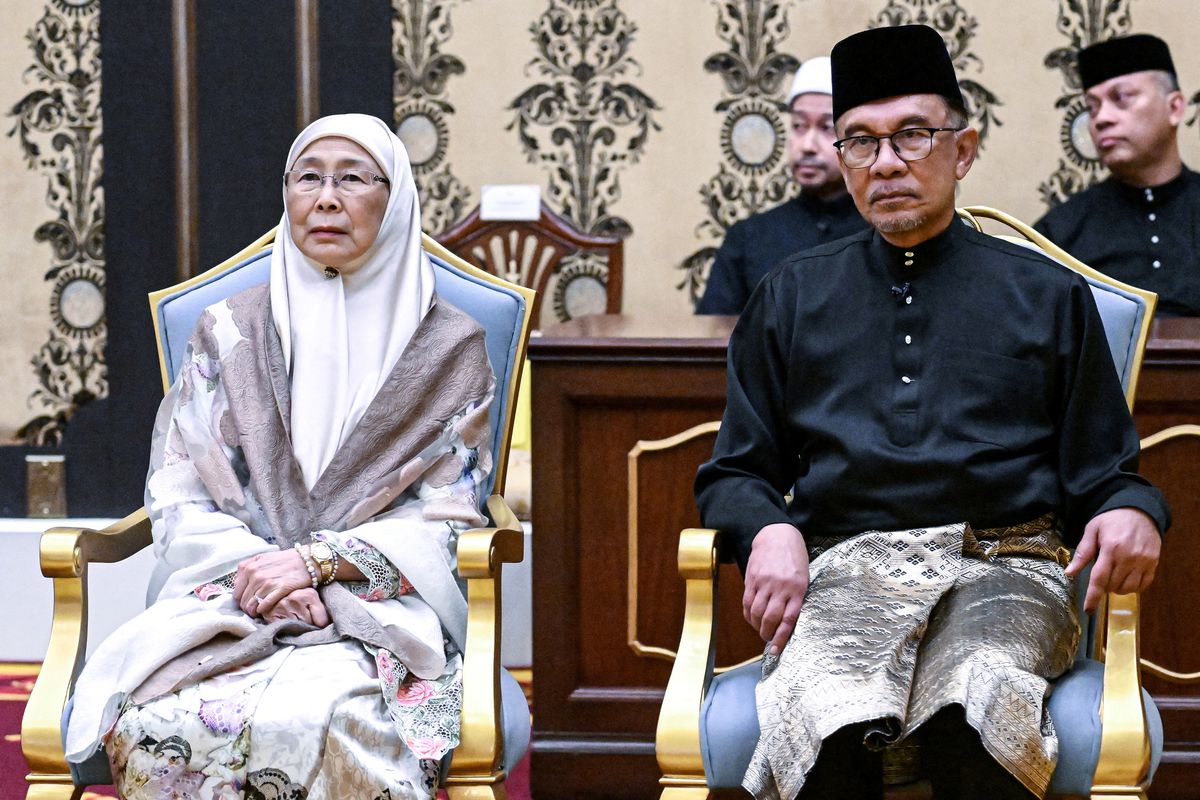
Anwar’s Pakatan Harapan (PH) alliance was hoisted to power after the Barisan Nasional alliance (BN) agreed to support a unity government under his leadership.
BN is anchored by the United Malays National Organisation, the once-dominant Malay-Muslim political party that Anwar’s multiracial PH has long battled against.
Anwar was deputy prime minister in a BN government in the 1990s until he was unceremoniously sacked by then-leader Mahathir Mohamad – his political patron at the time – then jailed for corruption and sodomy convictions.
PH has its roots in the Reformasi movement that sprouted in the tumultuous years of Malaysian politics following Anwar’s sacking.
“Reformasi”, the so-called war chant of protests in 1998, was heard across Kuala Lumpur soon after the palace confirmed Anwar’s appointment.
Veteran Malaysian politics observer Bridget Welsh said there was “no question” that the stewardship of the economy was the new Anwar administration’s foremost priority. “There’s inflation, jobs; and Malaysia is heading into global headwinds,” she said.
The new government will have to quickly build trust, display competence and “send a clear message to the international community that there is stability in Malaysia”, Welsh said.
Also likely to be closely watched is the management of relations between the country’s majority Malay-Muslims and minority groups, who make up 40 per cent of the 32 million people.
The authorities had warned after the weekend vote of a rise in ethnic tensions on social media, while short video platform TikTok said it was on high alert for content that violated its guidelines.
Supporters of Muhyiddin’s conservative Malay-Muslim alliance, Perikatan Nasional, are wary of PH’s multiracial stance, with some fearing the bloc would erode long-time privileges granted to Malay-Muslims and other bumiputra (son of the soil) citizens.
Welsh said it was important for Anwar to show “he is a prime minister for all Malaysians and not just for those who voted for him”.
A source close to the new prime minister said the leader was confident of regaining “global confidence and rebuilding our reputation”.



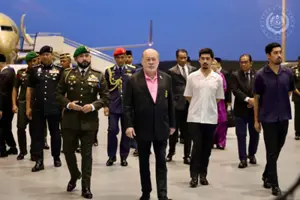


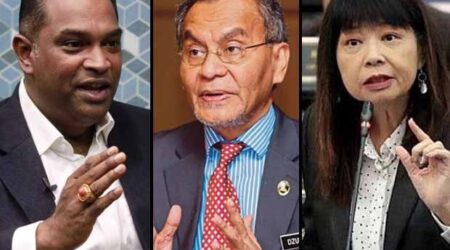
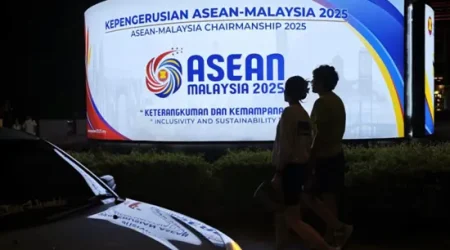

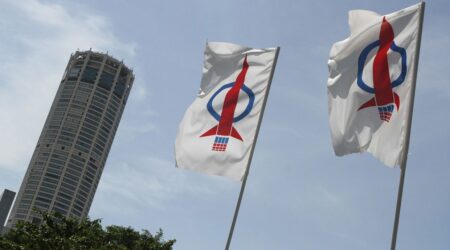
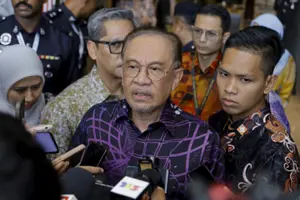
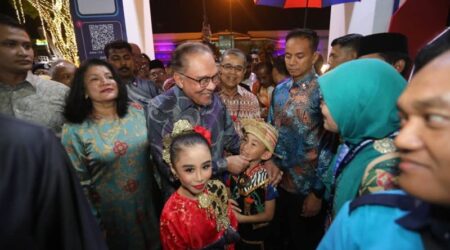
Leave a Reply